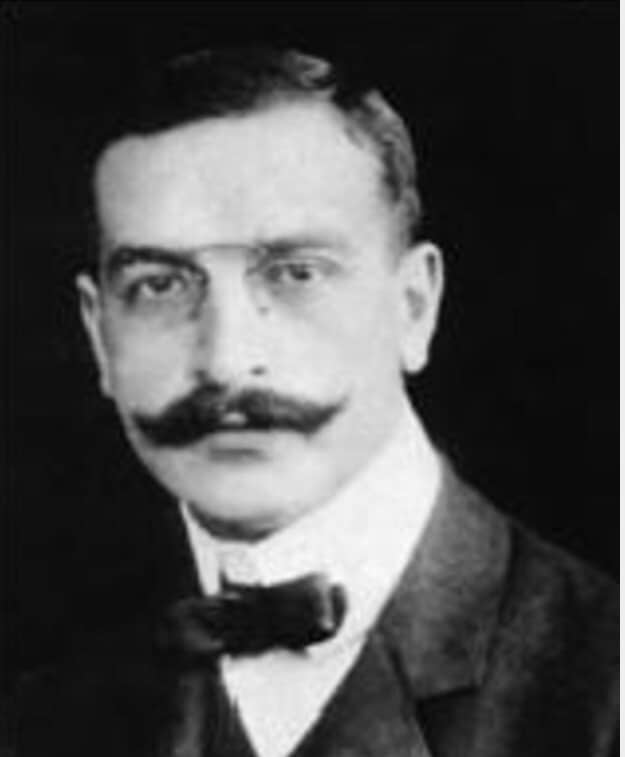Whenever you see an article about how to be a better writer, you know it’s going to tell you two things—to read more and to write more.
Well, I’m going to tell you exactly the same two things here. Not because I’m a lazy bastard (although I am, of course), but because it’s true.
There are no shortcuts in the writing game, baby.
However, let’s add a little spice to the dish, so to speak.
Before get to that, though, am I even qualified to talk about this? Well, I’ve written ten published books, hundreds of articles (both on this site as well as for actual proper ‘mainstream media’ titles as well).
I also have a bunch of unpublished novels sitting in my bottom drawer.
Oh yeah, and I have an MA in Creative Writing from the University of London, too (I got a distinction).
Does any of that mean I can actually write? Well, a lot of people tell me I can. Only the other night, when I went to Tom Torero’s book launch in London, two guys I’d never met before came up to me and praised me about my writing.
Which is very flattering, and I’m humbled and grateful.
However, over on Amazon, a reviewer (unverified—which means he hasn’t actually bought any of my books) recently claimed that I ‘can’t write.’
Oh dear.
Of course, it’s the negative comments that sting. No matter how many people say lovely things, the criticisms are what you think about late at night when you wake up alone in bed, and wonder what the hell you’re doing with your life anyway.
What these differences of opinion reveal, though, is that the art of writing is subjective.
‘Good’ or ‘excellent’ for one reader is ‘rubbish’ for another. And once someone holds an opinion it’s difficult, if not impossible, to shift it.
An example of this sort of thing can be found in the story of Raymond Carver, the American short story writer who became famous in the 1970s and 1980s. Carver was well-known for his ‘minimalist’ style of prose. But the truth was that his writing was heavily influenced by the (equally-famous) editor Gordon Lish, who reputedly told Carver he should use 5 words in a sentence rather than 25.
Later, Carver split from Lish, objecting to the “surgical amputation and transplantation” of his heavy editing. And in 2009, Beginners was published—an un-doctored version of Carver’s classic What We Talk About When we Talk About Love, which shows the original prose before it was taken apart by Lish.
Had Lish improved Carver’s work or not? On balance, the answer is probably yes. Lish brought out a sharper, more brutal sound in the writing, and really it is this which garnered Carver’s initial fame. And yet looking at the reviews on Amazon and elsewhere, it is clear that there are those who like Carver’s more expansive originals. And certainly Carver himself eventually rejected the interventions of Lish, finding that he was no longer able to recognise himself in the work.
The bottom line in all of this is that quality is subjective in writing—some like a particular style, while others prefer something entirely different.
But, you need to have some sort of a north star. Something that you’re aiming for—whether you reach it or not.
For me, that is musicality in the writing.
Because remember—writing is an art form. So while, yes, it is there to convey information, it should also aspire to do so in a way that elicits emotion.
Because if you’re not eliciting emotion then you might as well be writing operating instructions for a drill from B&Q.
Language is a form of music, and if you are not in love with the music of words then either you need to find a way to fall in love, or you need to accept that perhaps you are not meant to be a writer.
Of course, I am not saying that every sentence that I write is beautiful poetry. But make no mistake, I know what I am aiming for. The sound and the rhythm of every word, sentence, and paragraph is hugely important to me.
Which is why I read everything I write aloud before hitting publish, and I edit a lot. No, I don’t catch every flaw. But you need to really care about what you’re putting out if you hope to improve.
And the way to do this, of course, is through reading more and writing more. I was in love with books since I was a kid. I was in love not only with stories, but with the music of poetry and prose.
And you can get that too.
Just read stories. Read a lot of them, And then write you own.
If you like my writing, sign up to my daily email list. Each day I send out a new, premium article. In many cases, it is only available to subscribers and won’t appear anywhere else. Sign up here.







